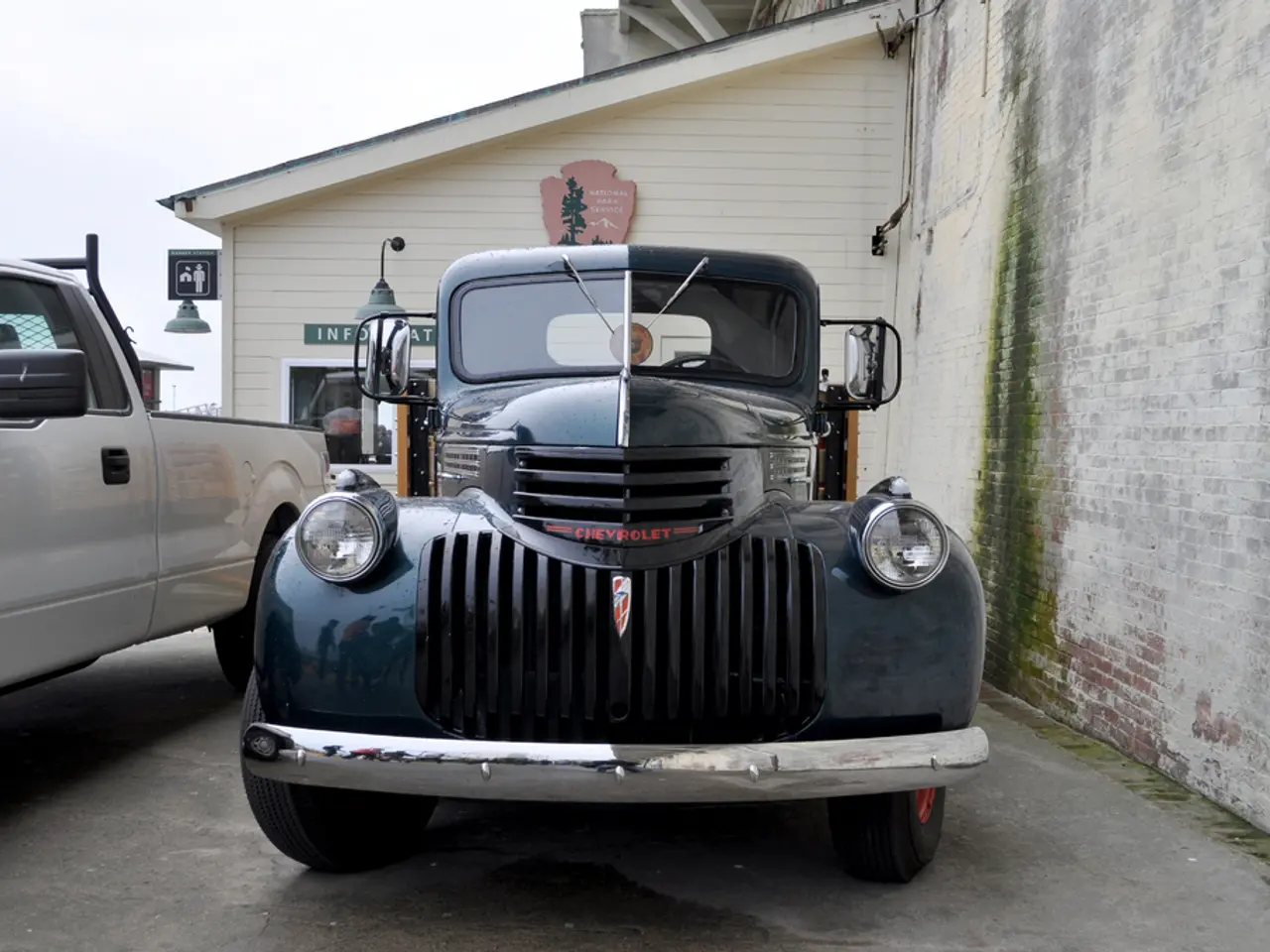EU Parliament's ENVI Committee Weakens Air Quality Proposal, Drawing Criticism
The European Parliament's ENVI committee has voted to weaken the European Commission's air quality proposal, drawing criticism from the European Association of Automotive Suppliers (EUCAP). The committee's decision, which includes a longer implementation timeline for heavy-duty vehicles and marginally stricter limit values, has raised concerns about its impact on cleaner air and innovation in Europe.
EUCAP, representing over 3,000 companies investing €30 billion annually in R&D and employing 1.7 million people in the EU, criticized the ENVI committee's decision. Benjamin Krieger, EUCAP's Secretary General, argued that the weakened Euro 7 standards would not support cleaner air and would hinder innovation. He noted that the EU is projected to sell 100 million conventionally powered cars in the next decade, and the technology for more ambitious Euro 7 standards is available and economically viable.
The ENVI committee adopted compromise amendments, including a longer implementation timeline for heavy-duty vehicles and marginally stricter limit values. Weaker testing conditions were also approved, and proposals for more ambitious rules were dismissed. The committee's position sets the tone for the European Parliament's overall stance on Euro 7, which will be voted on in November's plenary session. Following this, inter-institutional negotiations between the Commission, Parliament, and Council will decide the fate of Euro 7 pollutant emission standards in Europe. Representatives from the Commission, Parliament, including Alexander Bernhuber and Anna Strolenberg, and the Council, such as German Federal Minister Alois Rainer, will participate in these negotiations.
The ENVI committee's vote to weaken Euro 7 standards has sparked debate about the EU's commitment to cleaner air. As negotiations continue, the automotive industry and environmental advocates await the final outcome that will shape Europe's automotive emissions landscape.







